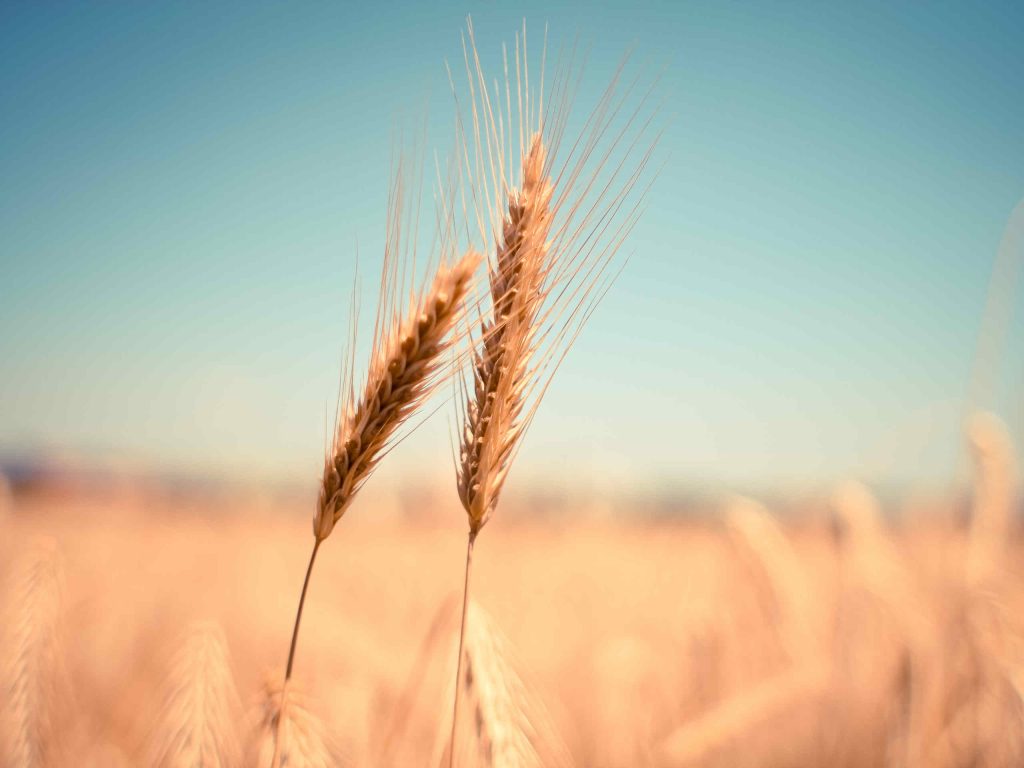
Hanni Rützler’s Food Report 2023 regrettably refers to the pandemic and the war in Ukraine, which are having an impact on the entire food industry and therefore on the hotel and restaurant sector.
A healthier planet at last! “Regenerative food”, a trend that offers a way out of the crisis that continues to exist alongside the pandemic and the war in Ukraine: the climate crisis. Regenerative food production can reduce greenhouse gas emissions by reducing dependence on synthetic fertilizers and creating healthy soils with high organic matter content and greater microbial diversity.
Regenerative methods can also be well adapted to different local conditions in conventional agriculture. These include the use of different plant varieties and cover crops, agroforestry and so-called rotational grazing, where cattle, sheep and goats only graze for certain periods of time to give the pasture plants and soil time to recover. Healthy soils help to restore the natural carbon cycle and increase the soil's ability to sequester carbon and thus combat climate change.

From ticketing systems to cooking robotics: the restaurant industry is undergoing a digital transformation. What began as a technological gimmick is now becoming a real competitive advantage. Why digital processes bring more predictability, better guest experiences and new perspectives for employees – and where people still remain irreplaceable.
Organic is not a label – it’s an attitude. In Falkenstein, Lower Austria, the Pesau winery practices organic farming as a generational contract: for the soil, for the landscape, for the wine. A conversation with Andreas and Georg Pesau about living origin, sustainable craftsmanship and the courage not to bow to every trend.


Hanni Rützler’s Food Report 2023 regrettably refers to the pandemic and the war in Ukraine, which are having an impact on the entire food industry and therefore on the hotel and restaurant sector.